Minister of Agriculture and Rural Development Le Minh Hoan emphasized that the project "Sustainable development of 1 million hectares of high-quality and low-emission specialized rice" in the Mekong Delta can only be successful with consensus and strong participation from localities and farmers.
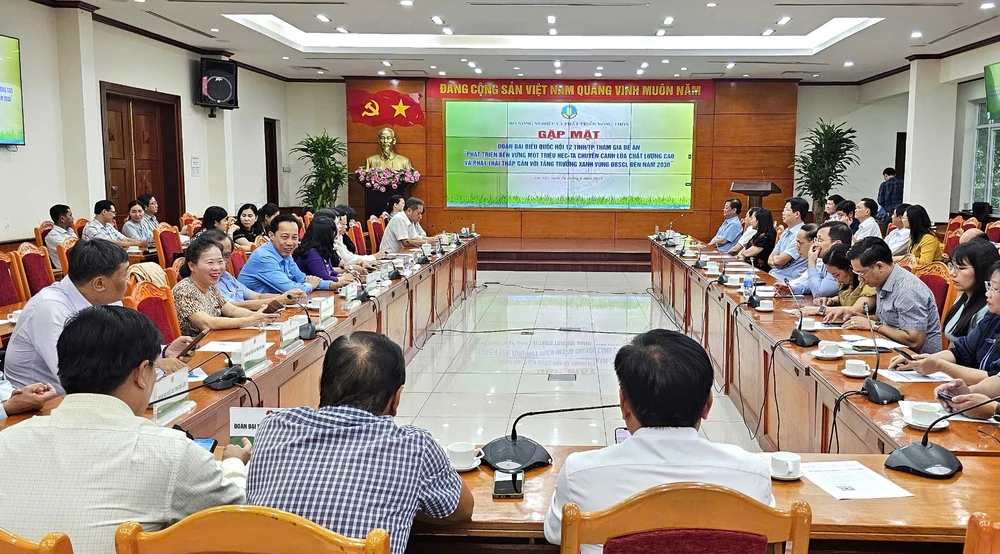
This statement was made during a meeting with heads and deputy heads of National Assembly delegations from 12 provinces and cities in the Mekong Delta region, held in Hanoi on the evening of August 26.

The project has been piloted for three consecutive seasons in the provinces of Can Tho, Tra Vinh, Soc Trang, Kien Giang and Dong Thap. Initial results show that farmers have significantly reduced the amount of rice seeds, fertilizers as well as production costs, while increasing productivity and post-harvest value. Post-harvest rice is purchased at a price 200-300 VND/kg higher than traditional farming methods.
However, Mr. Thach Phuoc Binh, Deputy Head of the National Assembly Delegation of Tra Vinh province, expressed concern about the lack of synchronization in planning for irrigation, transportation and warehouse infrastructure. He suggested that there should be a clear coordination mechanism between the central and local levels, as well as between localities to ensure that the project's objectives are not affected.
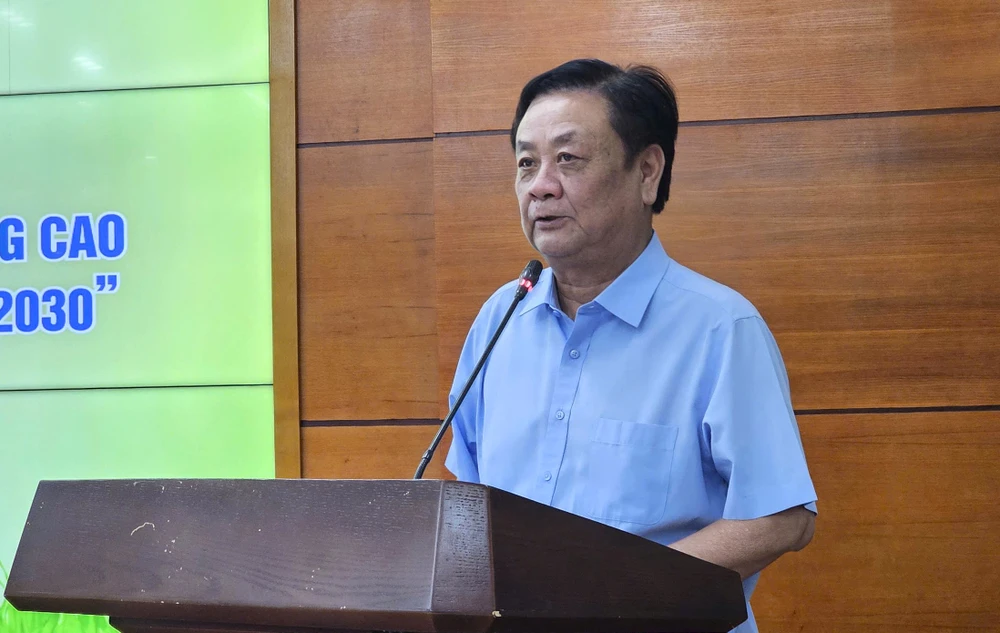
Sharing these concerns, Minister Le Minh Hoan said that the Ministry of Agriculture and Rural Development has proposed that the Government include “traders” in the rice industry system to increase synchronization and efficiency. He also called on National Assembly deputies to spread the spirit of the project to the people, helping to change their thinking and farming methods to achieve the set goals.
According to the Minister, for the rice industry to be sustainable, it must have an ecosystem with the participation of all parties including farmers, traders, businesses and the State. In particular, local leaders must consider this a “revolution” for the project to be successful.
Ms. Ha Thi Nga, Chairwoman of the Vietnam Women's Union and National Assembly delegate of Dong Thap province, shared that the dual goal of the project is to help farmers produce green and reduce greenhouse gas emissions. If done correctly, farmers can earn additional income from selling carbon credits. This not only increases farmers' income but also helps Vietnamese rice gain an advantage when exporting, while attracting young workers to return to produce right on their homeland.
However, she also stressed that farmers need to overcome barriers from traditional production practices to adapt to new methods.
VAN PHUC
Source: https://www.sggp.org.vn/lua-xanh-cao-hon-lua-thuong-200-300-dongkg-post755809.html


![[Photo] Looking back at the impressive moments of the Vietnamese rescue team in Myanmar](https://vstatic.vietnam.vn/vietnam/resource/IMAGE/2025/4/11/5623ca902a934e19b604c718265249d0)

![[Photo] "Beauties" participate in the parade rehearsal at Bien Hoa airport](https://vstatic.vietnam.vn/vietnam/resource/IMAGE/2025/4/11/155502af3384431e918de0e2e585d13a)



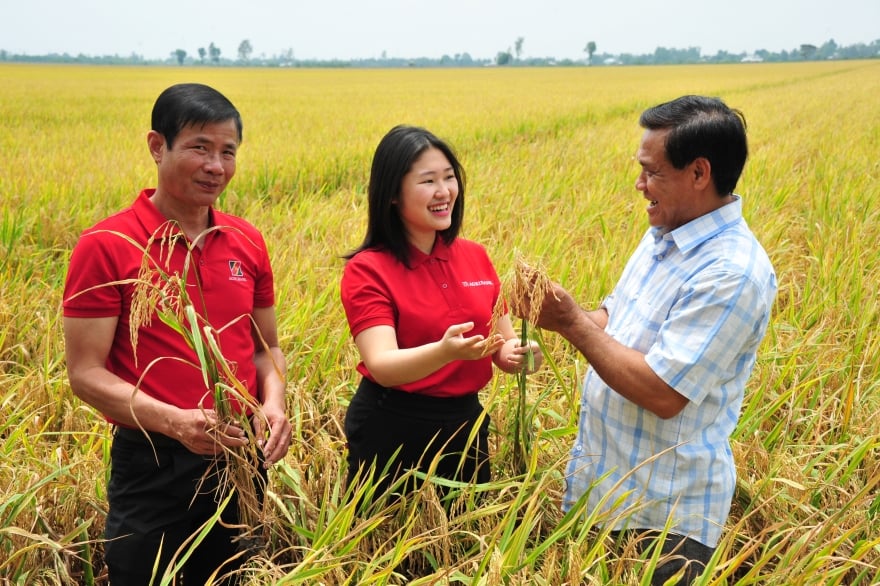

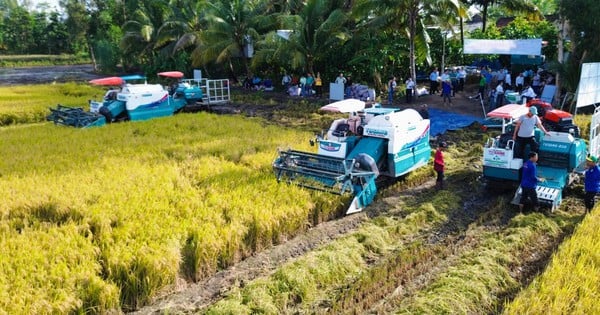

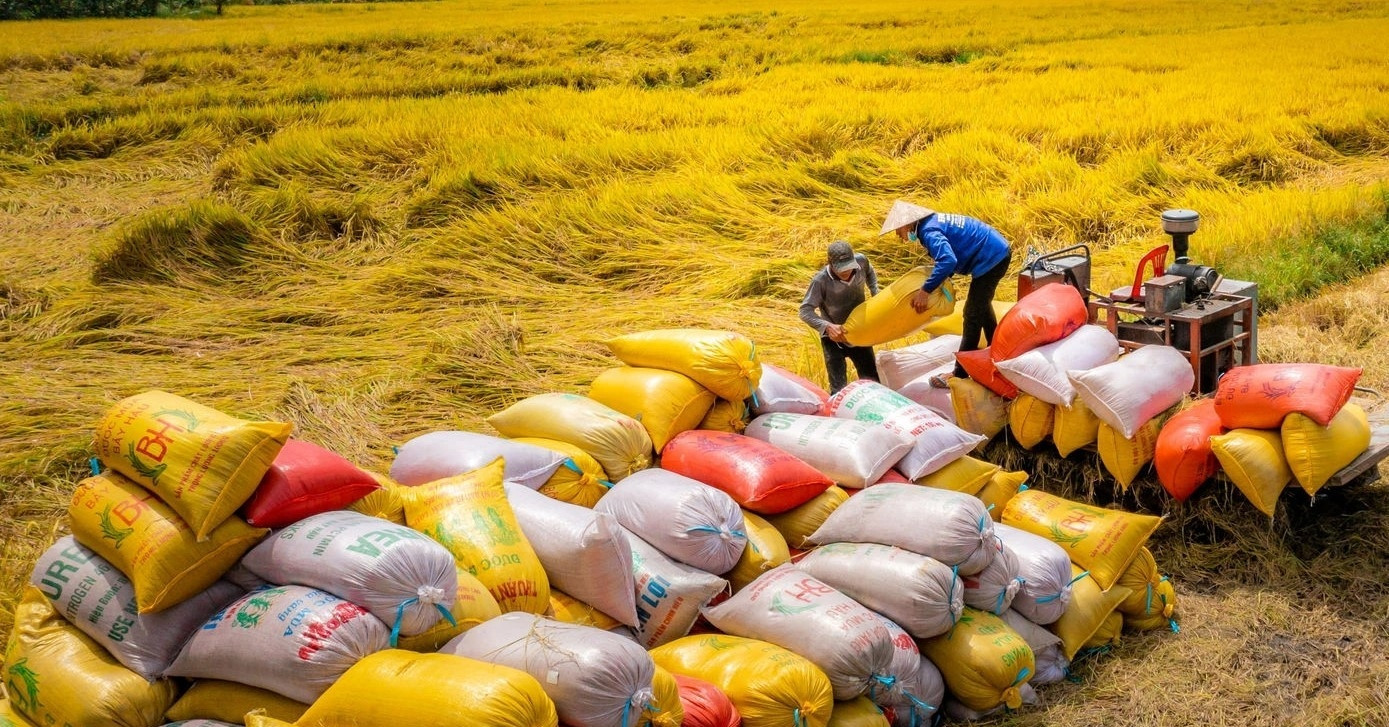

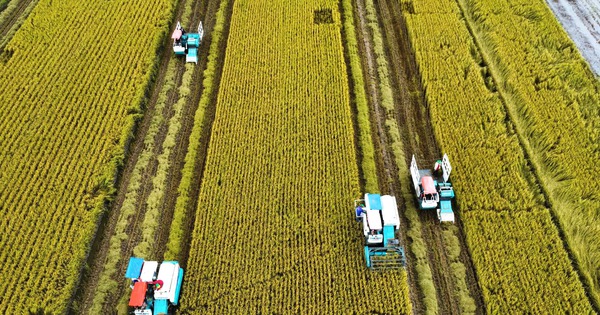
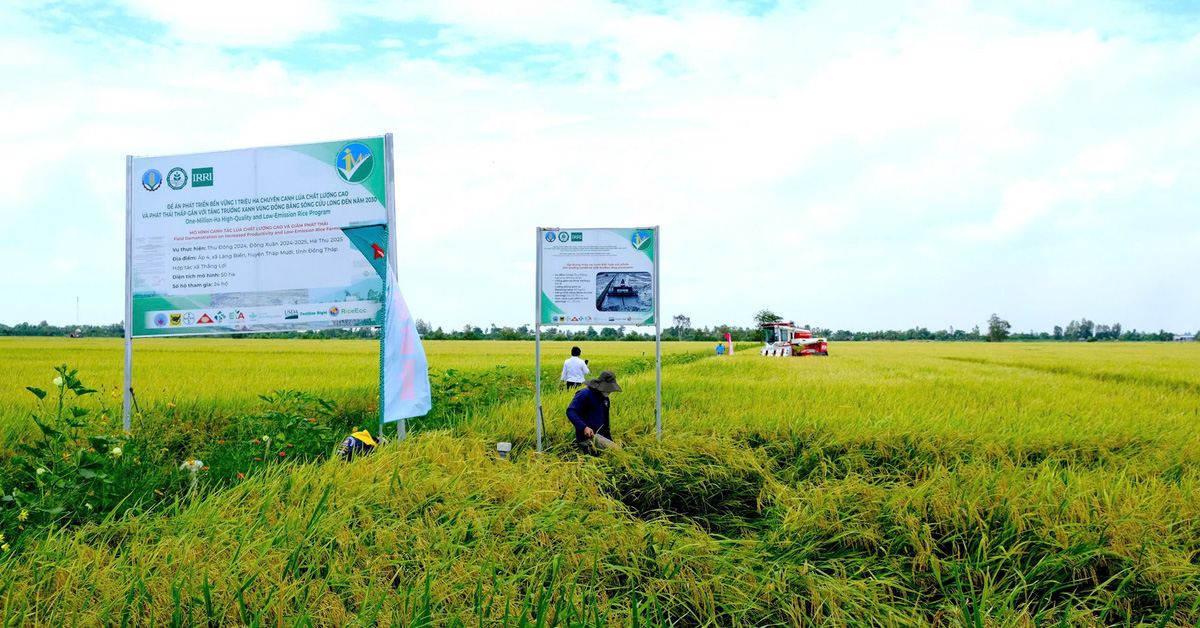
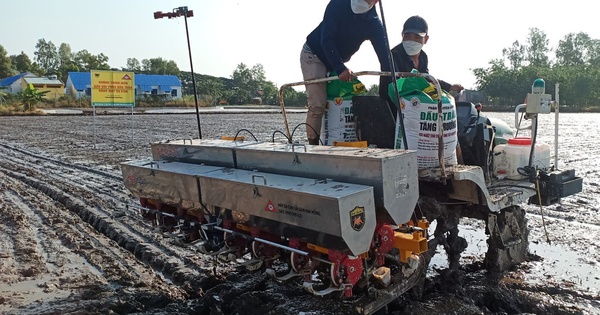
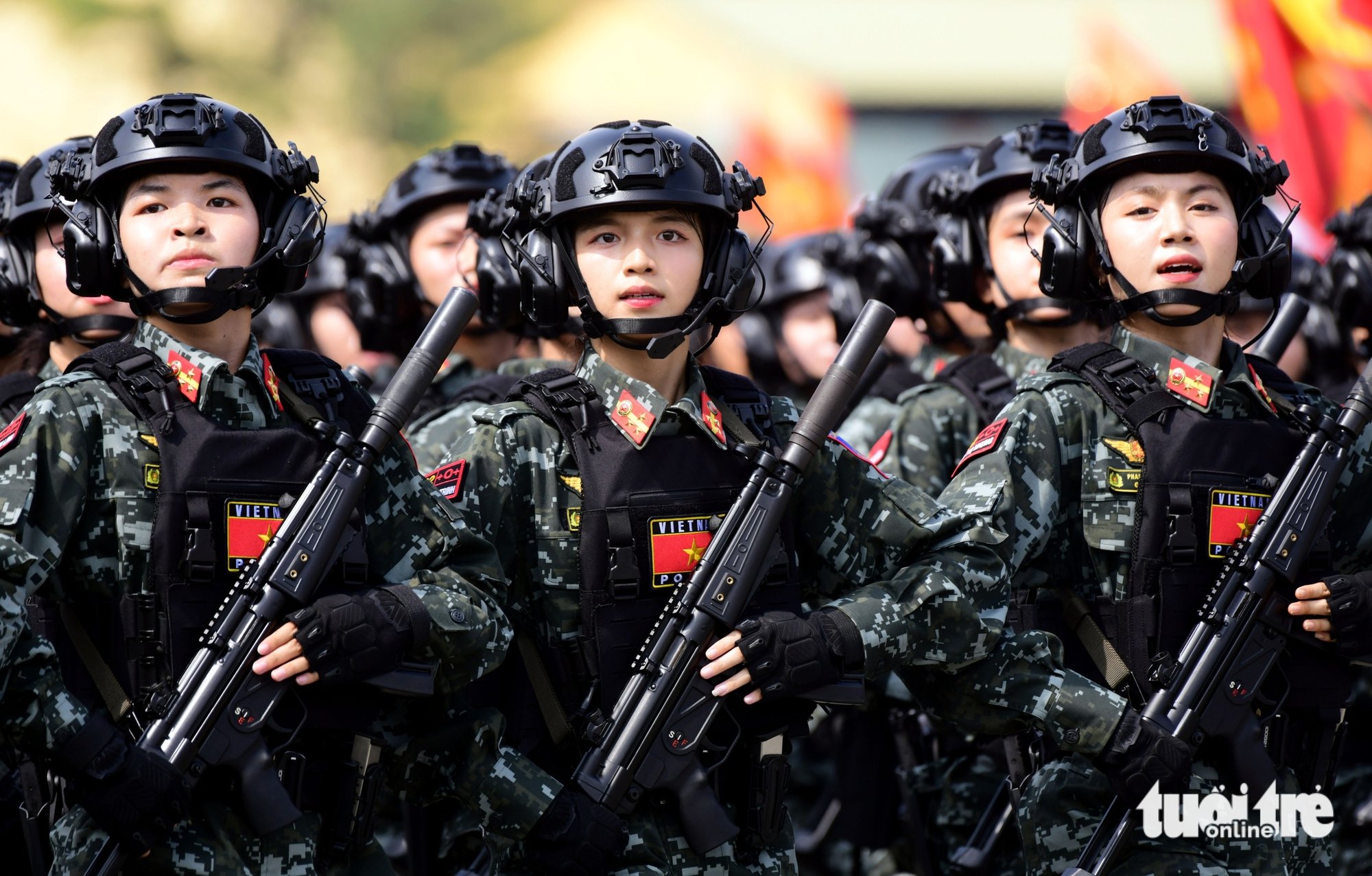

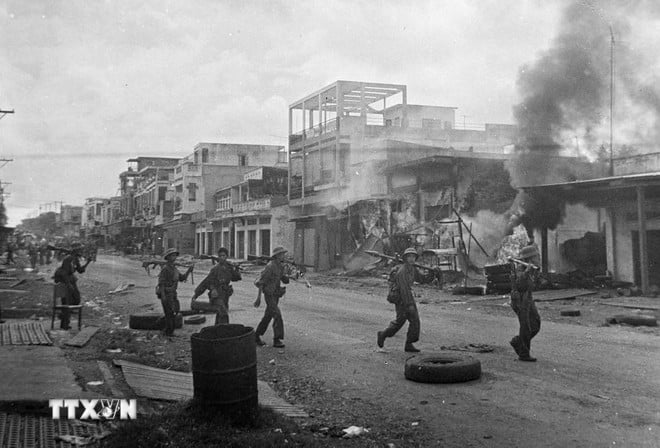
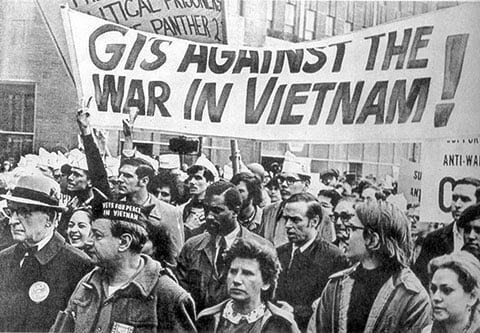

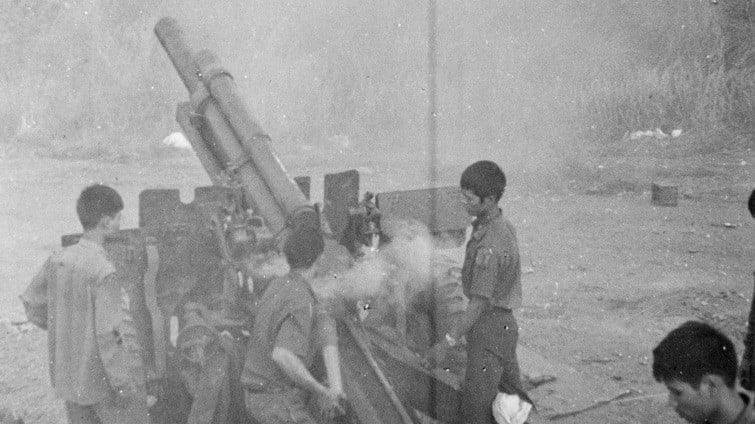

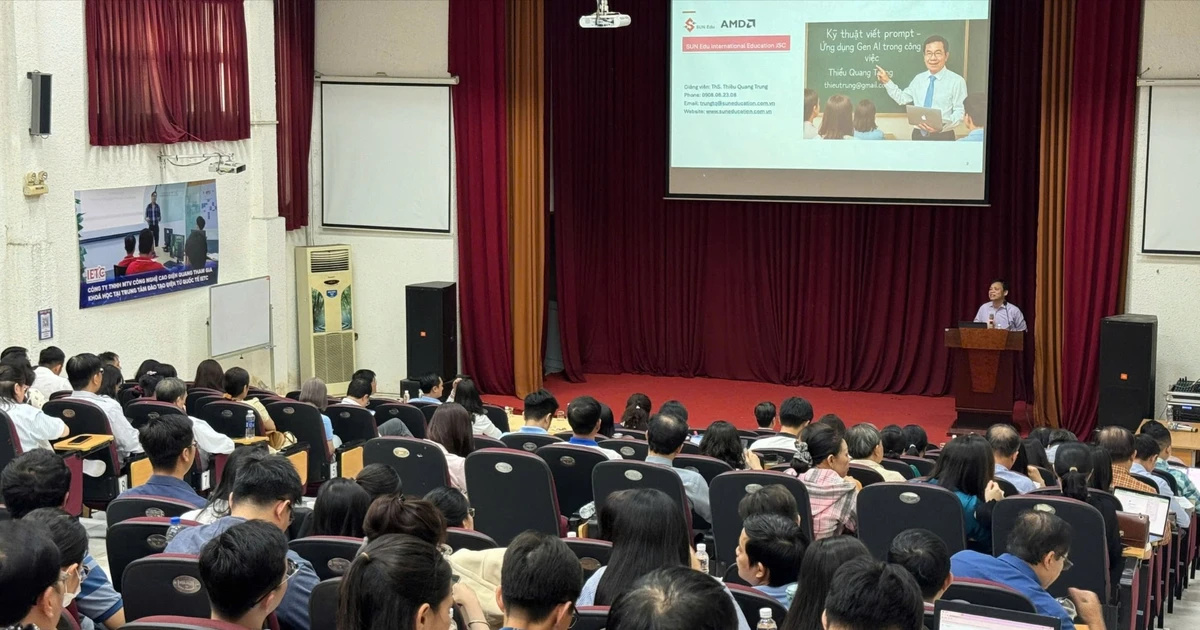
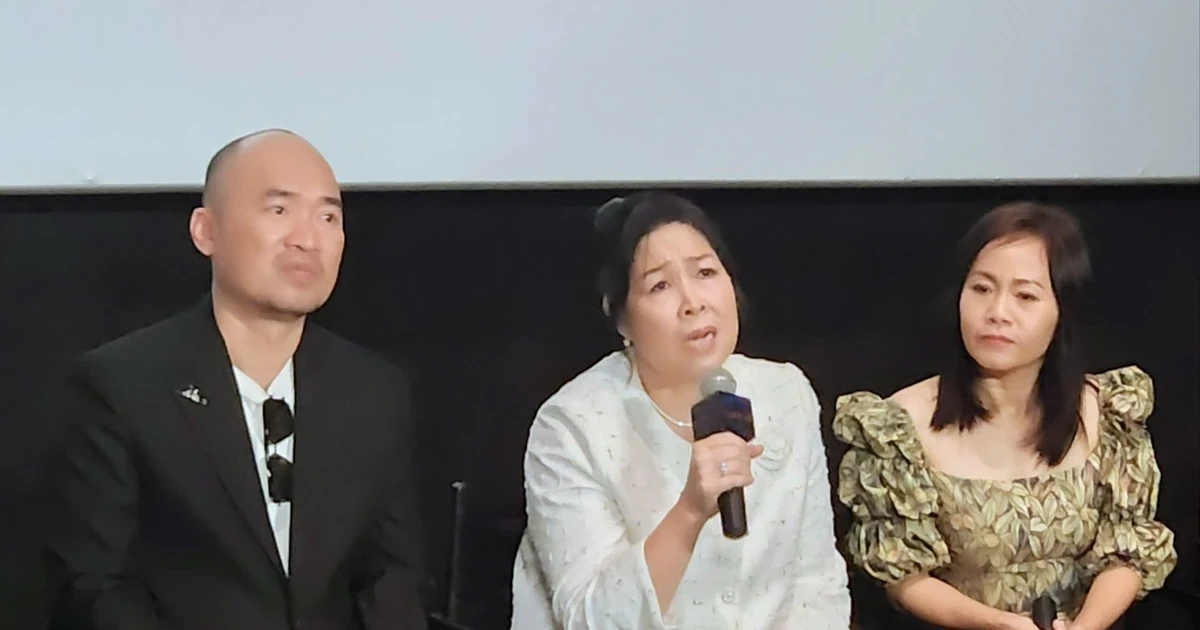

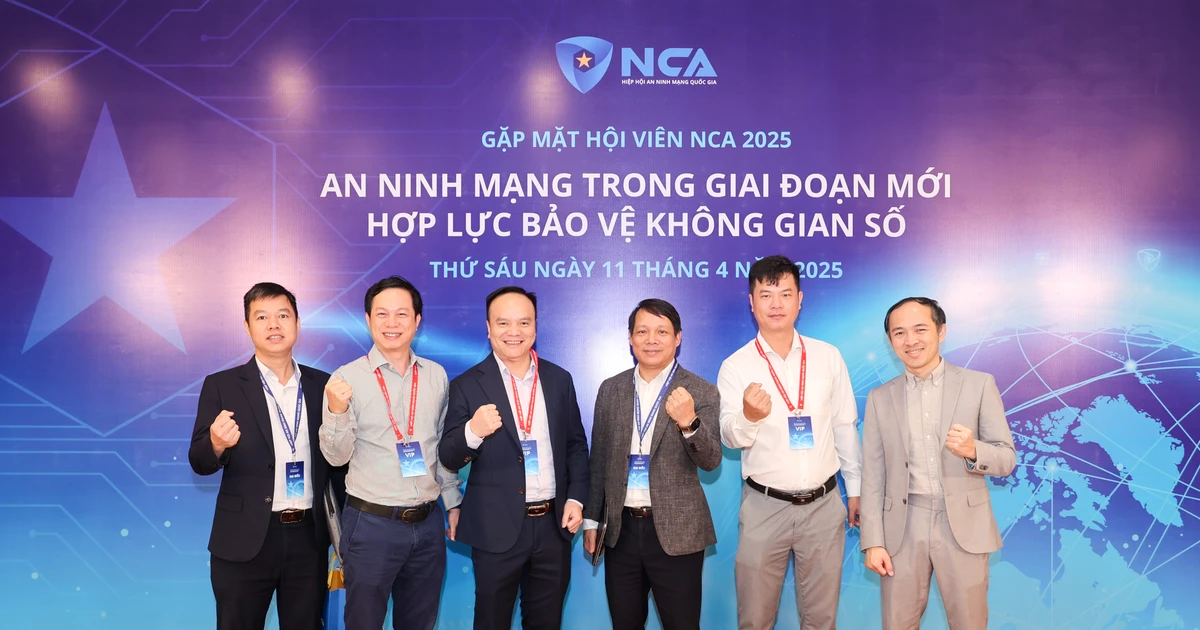



![[Photo] Summary of parade practice in preparation for the April 30th celebration](https://vstatic.vietnam.vn/vietnam/resource/IMAGE/2025/4/11/78cfee0f2cc045b387ff1a4362b5950f)








































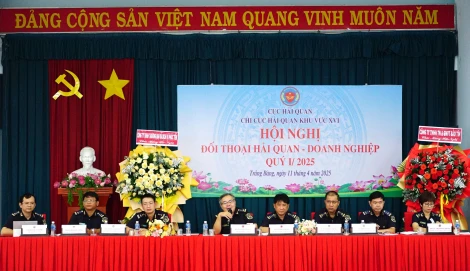
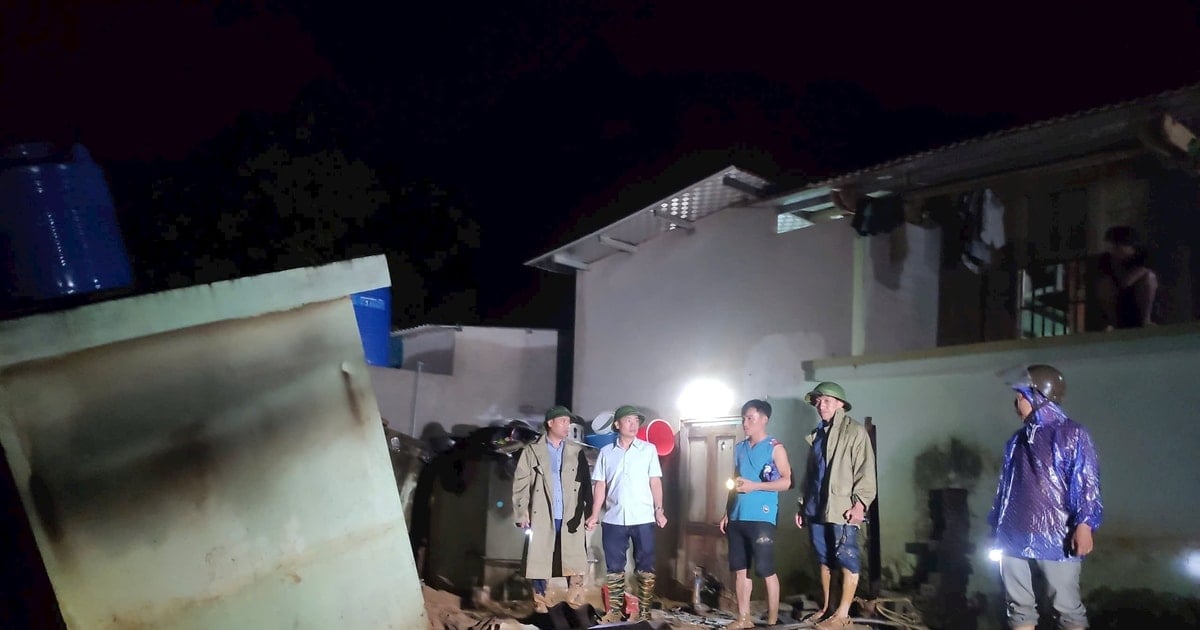

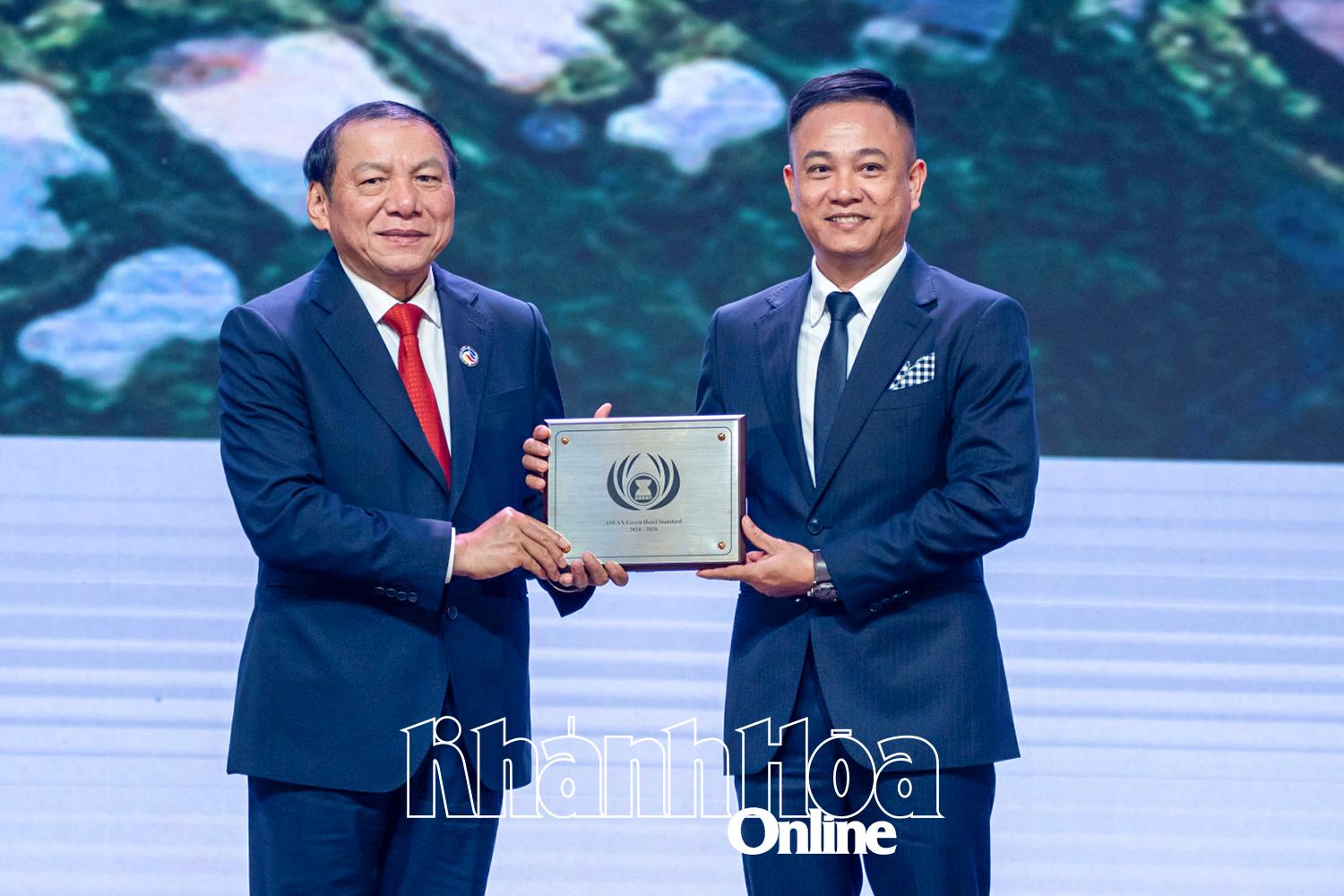

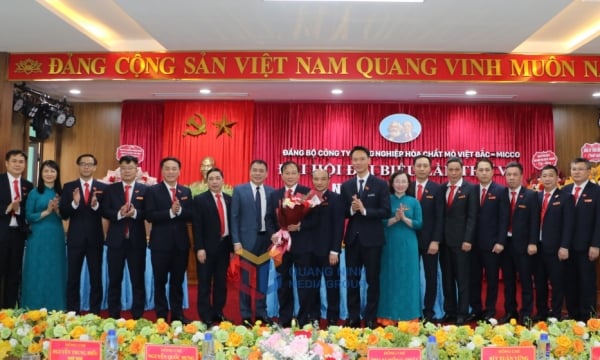
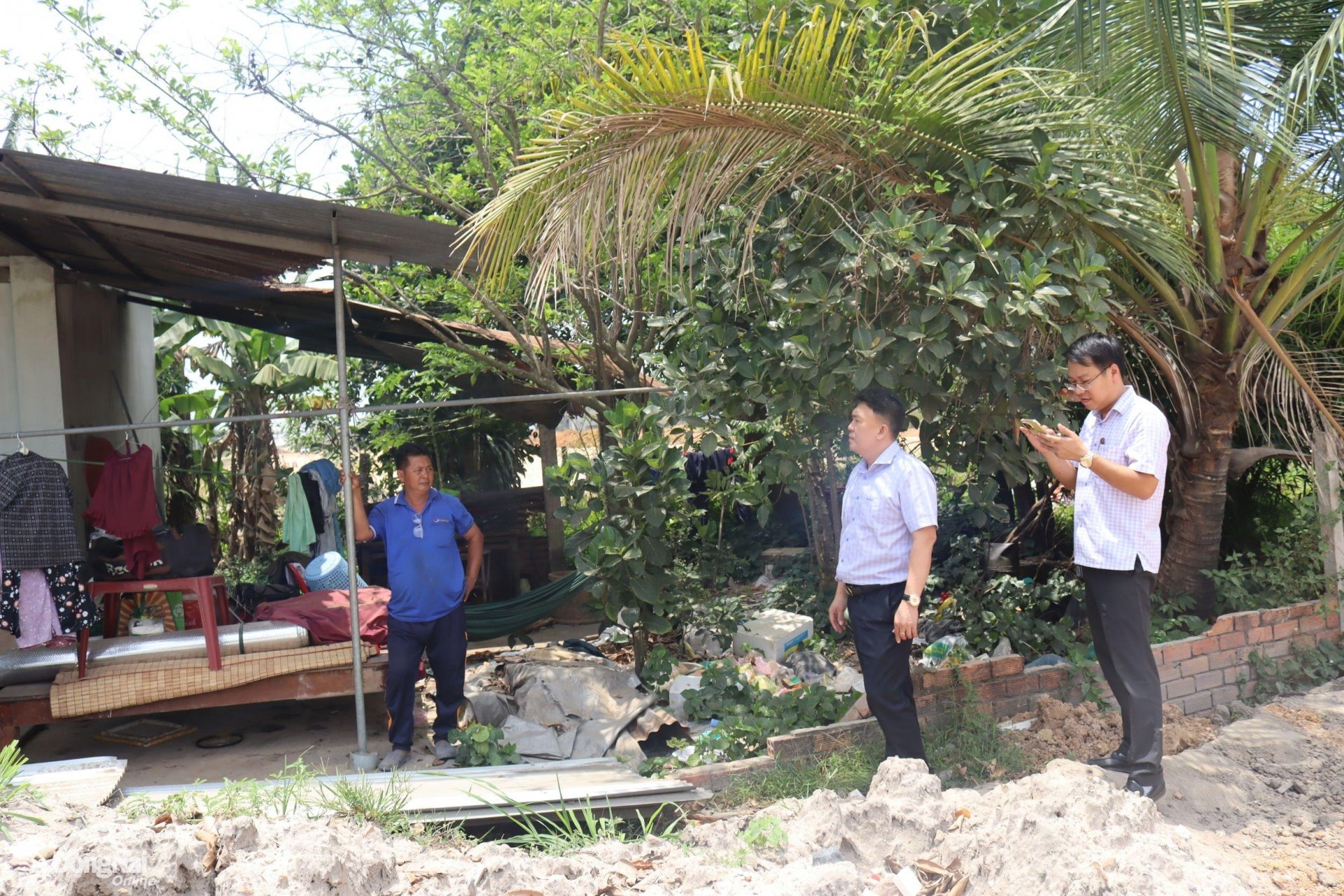

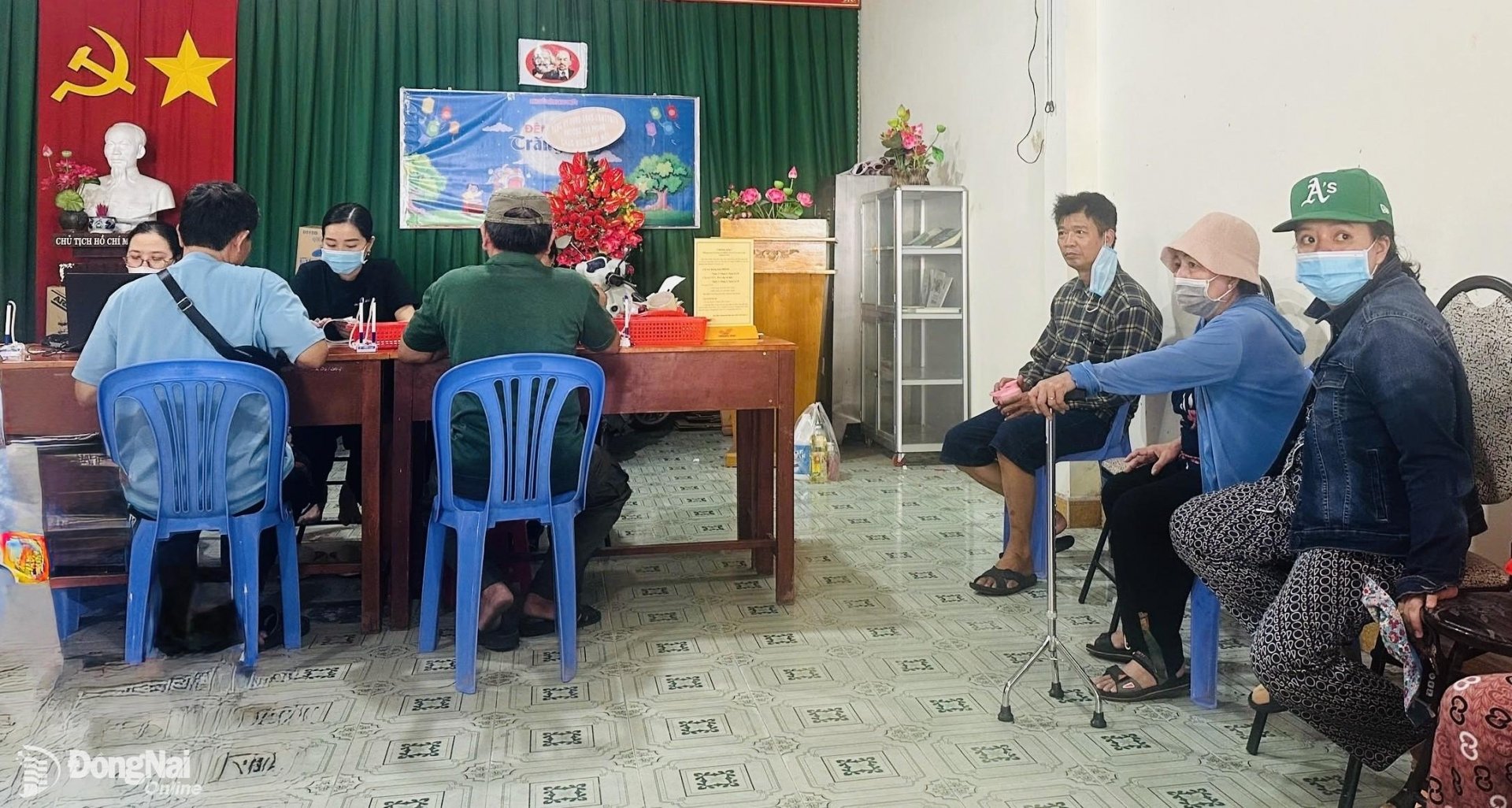











Comment (0)